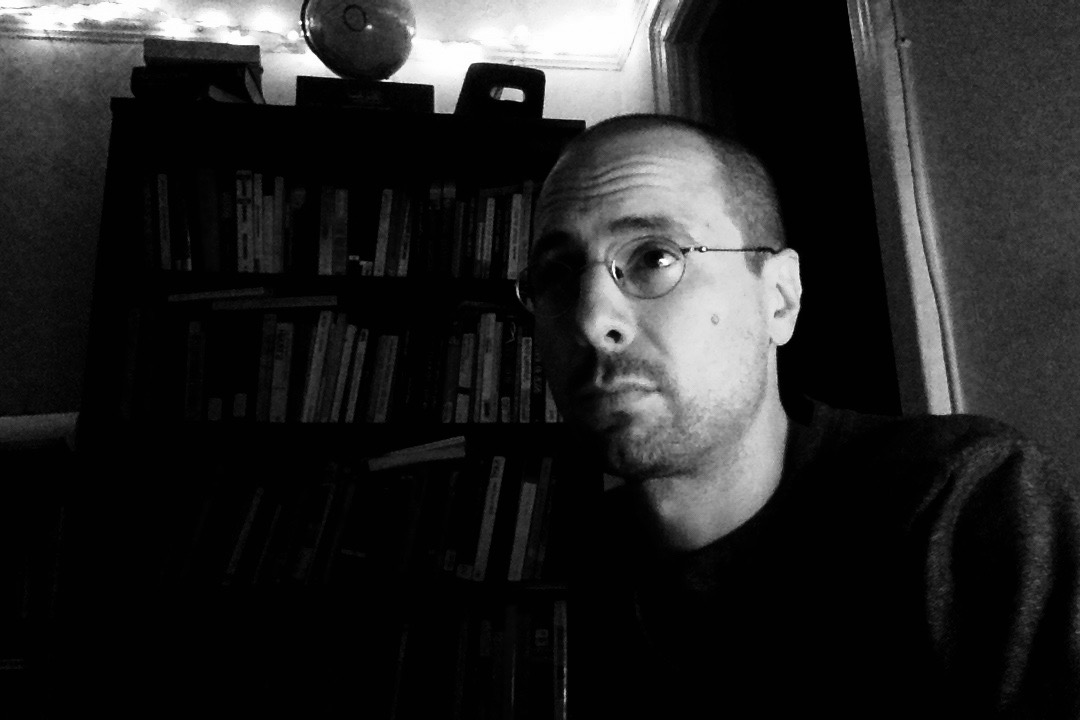Colloqium #11
June 2019
Description
Lecture 1: On What There Isn’t: Imagination, Impossibilities, and Counterfactual Reasoning
Abstract:
For the second half of the 20th century, and on into the 21st, phenomenologically evident imagination, i.e., imagination which any given individual consciously experiences and can uniquely – at least at this stage in neuroscience – report on (though not completely perspicuously), was largely banished from polite discussion in most Anglo-American analytic philosophy of mind and philosophy of language circles, not to mention in most evo-devo models for the origins of language.
Phenomenologically evident = consciously occurrent imagination has also not been a welcome guest in modern cognitive science (cog-sci), which began as philosophy’s step-child child in the 1950s – 70s, but has now grown up to a point where it has largely relegated philosophy of mind to handmaiden status in the study of cognition, much in the way the Medievals regarded philosophy as the handmaiden of theology and similar to how natural philosophy loosened its “genomic” ties to philosophy in the 17th century, and went on to become modern physics, chemistry, and biology.
Speaker: Ed Reno
Lecture 2: Dreaming, Literature, and Interpretation—On the (Dis)continuities of the Sleeping and Waking Self
Abstract:
For millennia dreams have shared a particularly close connection with the products of the creative imagination, a fact reflected in their prominence in works of “literature”: dreaming plays a significant role in a number of the earliest recorded myths, the “dream vision” was an important poetic genre in Medieval Europe, Romantic era literary works often featured states of oneiric creativity occasionally laced with opium, and modern novels, films and television shows have likewise made frequent use of the dream conceit. Dreaming has likewise persistently prompted interpretation from a variety of hermeneutic positions and has played an important role in various efforts to conceptualize consciousness. Descartes grounded Western rationality by positing a transparently self-certain “I” partly in contradistinction to states of dreaming delusion, and a number of subsequent scientific endeavors—including those of psychoanalysis, phenomenology, and neuroscience—have sought to map the mechanics of the dreaming mind from the perspective of waking observation. The contemporary study of the significance of dreams transcends specific disciplines and institutions, as it touches on topics that are of interest to psychology, anthropology, cultural history, neurobiology, literary criticism, and theology, among others. In this talk I will examine what I show to be a persistent relation between dreams and metaphorical language, and I will look to complicate what is not infrequently construed as a binary relation between states of dreaming and those of waking. I suggest that our articulations of dreaming are indissociable from metaphor, and that the cultural space that dreaming occupies tells us something regarding our assumptions about reality.
Speaker: Jason Ciaccio
Speakers
Ed Reno: Ed Reno did his graduate work in philosophy at Yale University, and taught for a number of years after in the philosophy department at Fordham University in New York. He left academia to toil in the Cave of Publishing for the rest of his working career. Over the years he coursed through a number of gigs in New York, including at The New York Times, Time-Warner, and McGraw-Hill. He did his Sayonara publishing gig at the National Geographic Society in Washington, DC. Ed is now living the spoiled life of an ex-pat in Berlin, where he has had the opportunity to return to his original academic Heimat through ectoplasmophilic involvements at Humboldt University, most notably at The Berlin School of Mind and Brain, the Institut für Klassiche Philologie, and the Institut für Philosophie, as well as independent philosophical organizations in Berlin such as PhenCoCo and MoMo.

Jason Ciaccio: Jason Ciaccio holds a PhD in comparative literature from the Graduate Center of the City University of New York. He teaches in the English Department of Hunter College, and is currently a postdoctoral fellow at the Freie Universität Berlin. His fields of inquiry include literary Modernism, Critical Theory, and Continental Aesthetics. His works spans numerous national literatures, with a focus on English and German. He has published academic articles and critical reviews in numerous journals in the field of literary studies. His research addresses the relations between language, consciousness and creativity.